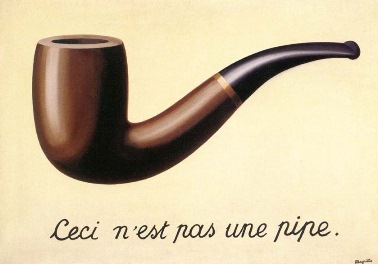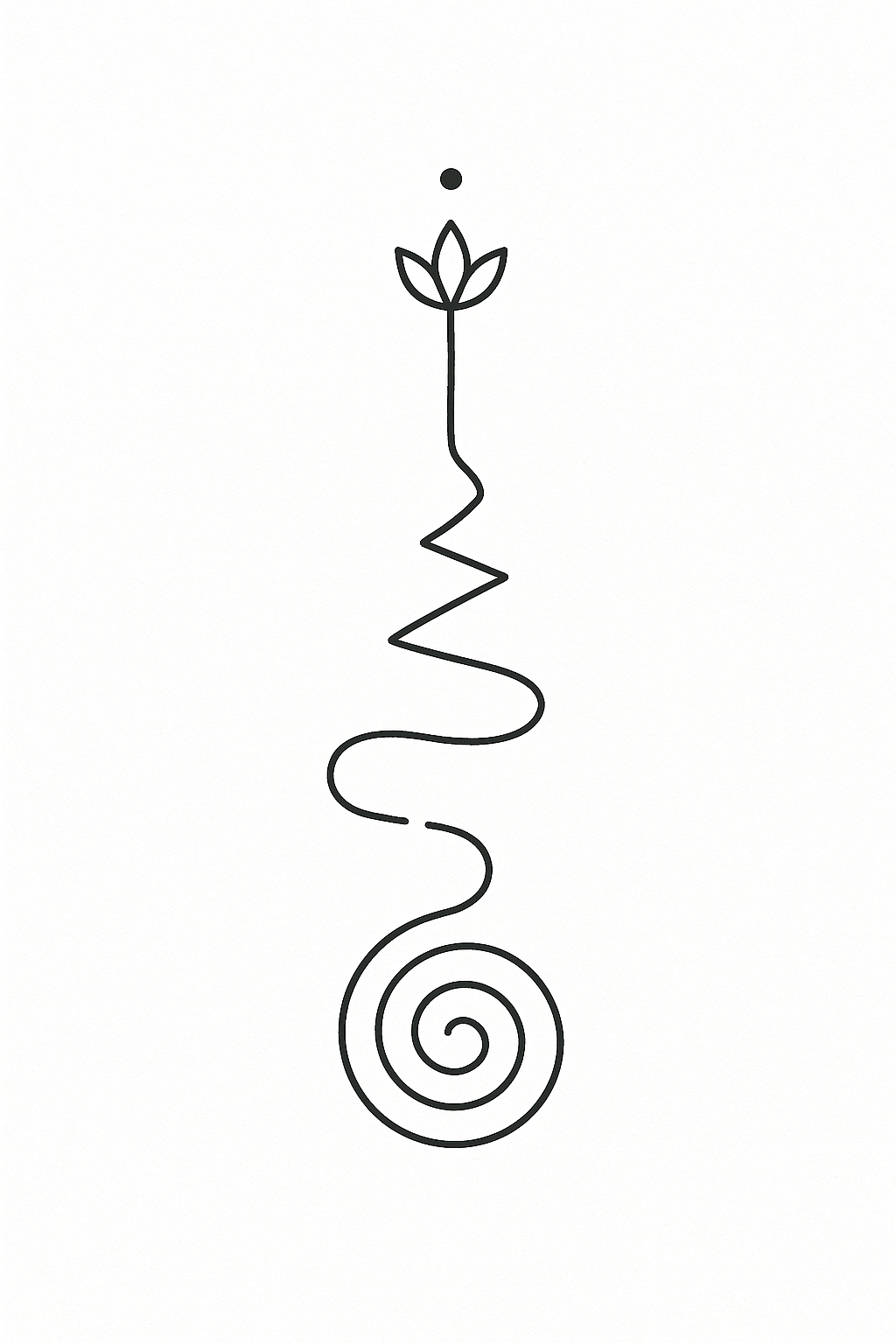Zen Plus the Scientific Method: From Nothing to a Carefully Curated Something

"Zen" is one of the most notoriously difficult to define words in the history of language, because the very act of doing so seems to take you further away from it. As a lover of coining new terms and definitions, I'll give it my best shot: Zen describes the ability to detach from mental constructs – or at least to recognize that they are distinct from the experience of what those constructs are about. So many spiritual sects have set this state, under one label or another, as the ultimate, unattainable goal that devotees are meant to strive for in this life, the next one, or whatever their conception of the continuity of their identity is. It will always be a goal they are reaching for, one that remains just beyond grasp, like a horizon that moves away from you at the same rate you move toward it.
But even after you finally "get it," even after you gain the recognition to begin to embody this state, you still have to live. You still have to pursue happiness and meaning in whatever form they take for you, which is a personal matter. This is the unavoidable nature of a conscious, intelligent being; you cannot not use your mind to pursue your concept of satisfaction. It's a cosmic law as fundamental as gravity or entropy. And the only way to do that is by applying your mind as a tool to separate what is good from what is bad, what is useful or not, what is real or fake, which mental constructs reflect reality and which do not, and all other possible sets of opposites under dualism. In other words: the reasonable and responsible use of the mind. Zen, the mere recognition that mental constructs are illusory, ignores respect for the responsible use of the mind, in collaboration with the senses, because its imperative is to bypass it entirely.
Perhaps it is time to stop treating the mind so much like a monkey in a cage or an uncontrollable enemy and more like our invaluable ally, our only option for extracting the most value out of what we experience. Our illusions can be profoundly useful once we both recognize them for what they are and know what to do with them. We live in a time when intellectual tools like formal reasoning and warnings against the mental pitfalls of biases and fallacies are available to everyone. They help us answer the question: How do we properly use the only tool we have for understanding reality on a cognitive level? How do we use our illusory representations of the world to navigate it better and achieve the satisfaction we will always be seeking?
The best framework ever devised for applying the mind to reality is the scientific method, and it works with everything you could ever observe and think about. I call it the universal problem solver. The best formulation of the scientific method I've ever heard had it broken down into four steps that could be applied to all aspects of thought and experience:
Step 1: Observation
Step 2: Generalization
Step 3: Extrapolation
Step 4: Observation
Astute observers will note that the scientific method begins and ends not in thought, not with the mind and its screen, but in unadulterated experience – or in Zen. We must begin with no categories, either those derived from previous experience or those wholly imagined by the illusory mind's hallucinations. We simply see (or taste, smell, hear, feel, etc.) what is happening in the present moment. Any input from us prior to this point will only bias us and distort the conclusions we eventually reach.
The Zen masters would be content to stop there, to leave the mind out of the equation entirely. But if you wish to be brave enough to venture into your mind's illusions and attempt to pull something useful out of them, you can form a mental generalization of what you see. You can parse the observed reality into parts that are distinct from one another and with qualities that either do or do not apply. If you are willing to take that leap of faith and trust in your own cognitive abilities, you might identify a pattern that broadly describes or explains what you have observed in your Zen. That's the second step.
The third step is to be willing to expand your mental generalization to areas yet unobserved. "If the pattern is true, here's what I should expect to see next… If it's not true, I won't." Through extrapolation, you gain leverage because your knowledge, your potentially useful cognitive illusions, are not limited to only what you have directly observed, which will always be contained by the time you are alive and the reach of your senses. By condensing experience into information, it becomes scalable, and you can begin to represent the entire universe within the tiny box between your ears if you tread the path carefully enough.
The fourth step is to return to where you started: a state of unadulterated observation of the present moment, this time for confirmation that what your extrapolation predicted actually occurs. And you do it again, and again, and again, with every passing moment, never being content to stop observing and fully experiencing what is happening, and how it might depart from the boxes your mind put it into, and also never accepting the increasingly complex illusions you construct as real – only useful representations. The Law of Universal Gravitation is not gravity, just as the word "Zen" is not Zen, a Buddhist is not a Buddha, the image of a pipe is not a pipe, and the finger pointing to the moon is not the moon. They are very useful things to talk about, though.
If you make your mind your enemy in the pursuit of truth, that's what it will always be for you. If, instead, you become the carpenter using the tool without letting the tool use you, it will cease to be an obstacle in your path. You will be able to craft whatever you want with it. Both aspects are necessary: the mind and the ability to put it down when it is not serving you. Both require practice and education that society does not offer along its default path. And that's why retreats away from the ordinary world and the chance to unlearn so many hindering habits are useful.

